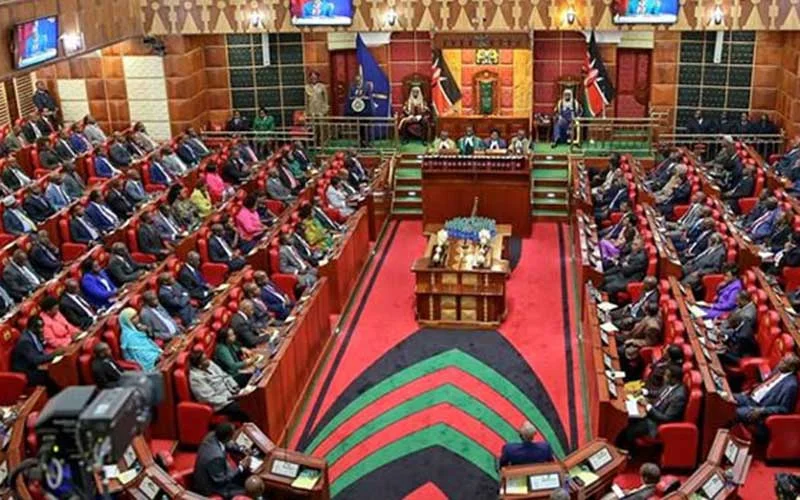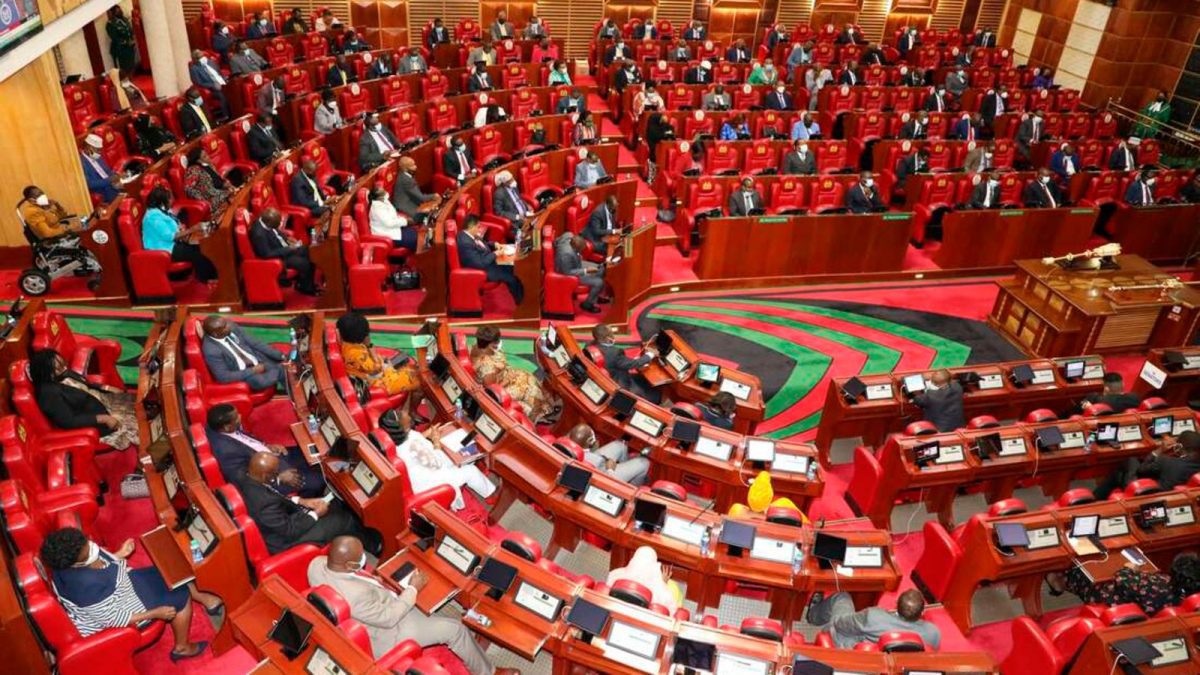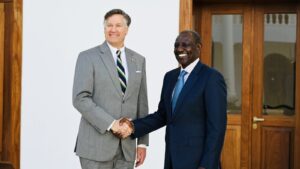Homa Bay Member of Parliament, Peter Kaluma introduced a Bill in Parliament which aims to amend anti-corruption and economic crimes legislation.

Him alongside Geoffrey Ruku, want to delete section 64 of Chapter Six of the Constitution. This section stops corruption and economic crimes convicts from holding public office. The directive would directly water down the Anti-Corruption and Economic Crimes Act of 2003.
The law directly disqualifies anyone who has been convicted of corruption or economic crimes from public office. They would however qualify for the position after 10 years post their conviction.
Kaluma further argues that the convicts will have served the punishment as required by the constitution. Consequently, the 10-year ban instated by the constitution would be unfair according to him.
Reactions to the Proposed Bill
The bill has attracted criticism from the Ethics and Anti-Corruption Commission. The main concern is that if the bill passes, there will no longer be deterrence from committing the crime.
According to the EACC, the 10-year probation post the conviction acts as deterrence from committing the crime. Removing this provision will allow people to commit more crimes of corruption since there are no harsh consequences.
Subscibe to Switch TV
The Prime Cabinet Secretary, Musalia Mudavadi, has urged Kaluma and Ruku to retract it.
Speaking on Tuesday during the launch of the Ethics and Anti-Corruption Commission’s (EACC) five-year Strategic Plan for the 2023-2028 period, Mudavadi labeled the proposal as regressive. It has the potential to reverse the progress achieved in the fight against corruption.
“If these changes are accepted, these bills will open the door for individuals with corruption histories to hold public office and offer significant leniency to those inclined to corrupt practices within the private sector,” said Mudavadi.
The bill has raised questions about what intention the lawmakers had to present it in parliament. According to to the people, this bill would directly cause people to embrace corruption and economic crimes rather than stop them.
Read Also: Proposal to Increase the Presidential Term Limit
















